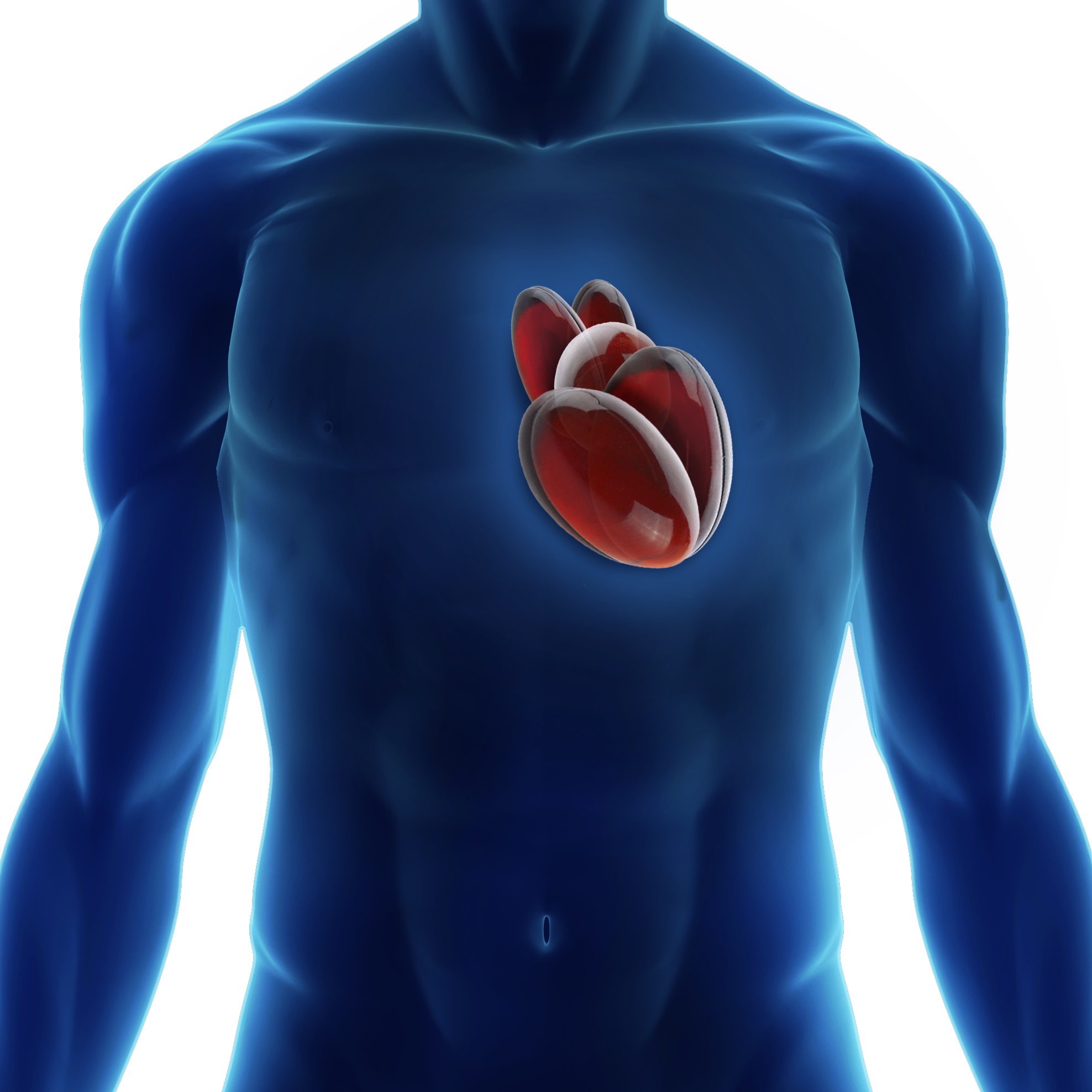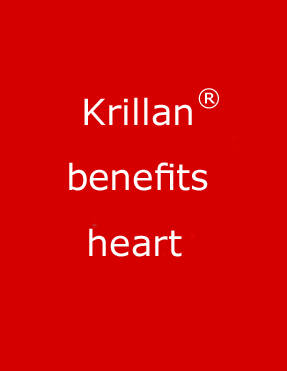Omega-3 phospholipids and the prevention of cardiovascular disease
Cardiovascular disease
Cardiovascular disease (CVD) is a class of diseases that involve the heart or blood vessels. A number of well-publicized CVD risk factors, and ways to prevent CVD, are associated with dietary components.
Omega-3 phospholipids’ role in preventing cardiovascular disease
Patients diagnosed with CVD have shown significantly lower concentrations of omega-3 in tissues, blood, and red blood cells.
Omega-3 provides recognized beneficial effects in preventing CVD, and the evidence supporting greater omega-3 dietary intake is increasing.



Mechanisms by which omega-3 phospholipids prevent cardiovascular disease
The benefits of omega-3 phospholipids in the prevention of CVD result from modulation of risk factors via a number of mechanisms proposed by scientists. On the sub-cellular level, risk factor modulation results from incorporation of omega-3 phospholipids in cell membranes, alteration of membrane properties, altering inflammatory responses, inclusion in modulating enzymes involved in cell signaling pathways, and altering gene expression.

Omega-3 modulates cardiovascular risk factors
Omega-3 helps prevent heart disease by beneficially affecting several CVD risk factors. Omega-3 has been observed to lower blood pressure and appears to help prevent arrhythmia. A lower risk of CV blood clot formation may be the result of omega-3’s alteration of blood clotting processes. Omega-3 has beneficial effects on blood cholesterol levels by decreasing the level of so-called “bad” cholesterol (LDL) and increasing the level of “good” cholesterol (HDL). Omega-3 is also thought to help deter atherosclerosis processes. Modulation of the aforementioned risk factors is suggested as primary components of the beneficial effects of omega-3 in the prevention of cardiovascular disease.

KRILLAN™ Krill Oil provides cardioprotective omega-3 phospholipids
KRILLAN™ Krill Oil provides omega-3 in phospholipid form, mainly as phosphatidylcholine. Omega-3 availability is increased when delivered by phospholipids compared with other sources, due to more efficient absorption of omega-3 phospholipids in the small intestine.
After absorption, phosphatidylcholine is incorporated into cell membranes and participates in fatty acid transport in blood and across membranes. Lysophosphatidylcholine is thought to impact the distribution of fatty acids to the body’s organs and tissues because of its role in lipoprotein assemblages, which serve as vehicles that transport fatty acids via blood serum.
In certain animal models, after removing phosphatidylcholine from the diet, a significant reduction in the transport of fatty acids to tissues, accompanied by accumulation of fat in the liver, have been observed. As a consequence of the enhanced availability of omega-3 when delivered by phospholipids in humans, it is proposed that KRILLAN™ Krill Oil is a superior source of omega-3 for preventing CVD.

